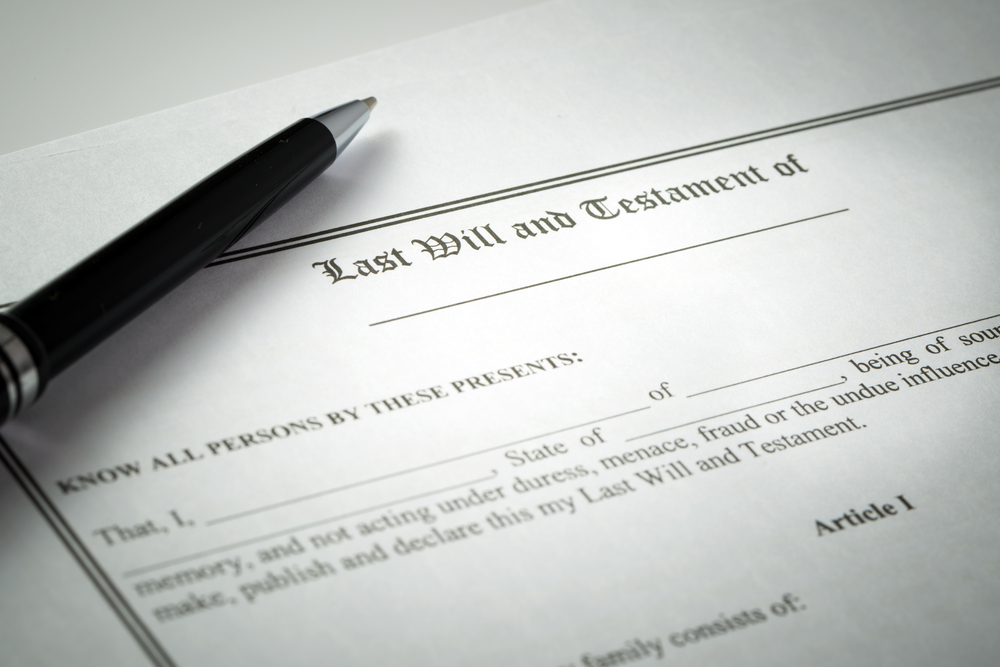Pandemic Will witnessed through car window is valid, says High Court
In the first known case of its kind, the High Court has upheld the validity of a Will witnessed through a car window in May 2020.
His Honour Judge Tindall heard that the testator, known only as Stanley, made his final Will on 23 May in the early days of the pandemic. It was the sixth Will he had made in a decade.
His daughter, Jennifer, arranged for two friends of hers who both knew 90-year-old Stanley to come to the driveway of his home.
“He stayed in the car, and they saw him sign the Will through the window, which he then passed to them and they each witnessed,” said Judge Tindall in his conclusions to the case.
“This was an ingenious arrangement which predated the amendment to the Wills Act permitting ‘remote attestation’. In any event, it was a valid execution.”
He added: “Whilst the Will was not read over to Stanley, (his solicitor) sent it to him with a clear client-care letter and Stanley signed the acknowledgment slip…
“Stanley was plainly very familiar and happy with it – after all, he had plenty of practice with Wills.”
Why were the rules on Will witnessing changed in the pandemic?
The strict social distancing rules in force throughout much of the Covid-19 pandemic meant many people had to find novel and unusual ways to have their Will legally witnessed.
This ranged from witnessing signatures over the garden fence to in the street and through windows to be able to ensure that everyone involved kept two metres apart.
As anxiety about the pandemic caused a surge in the number of people wanting to make a Will, the Wills Act was temporarily changed to allow more flexible remote witnessing.
Unsurprisingly, however, this has led to concerns that more Wills could be subject to challenge and dispute as a result.
What are the rules on witnessing a Will?
At the start of the first lockdown, the law (which dates back to 1837) stated that for a Will to be valid it had to be signed in front of two independent witnesses both of whom were physically present.
A temporary amendment to the Wills Act came into force in September 2020 which allowed Wills to be witnessed remotely in England and Wales. It has been extended to run until 31 January 2024.
Why was this Will contested?
In the ten years before Stanley’s death in August 2020, he made six Wills with members of his family ‘shifting in and out of inheritance’.
One of these objected on the grounds that a dementia diagnosis in 2009 meant Stanley did not have the mental capacity to make any Wills from 2014 onwards.
However, Judge Tindal found that Stanley did have mental capacity from his 2010 Will onwards concluding that the ‘sadly messy state’ of his affairs was not due to dementia but rather ‘his capricious, if harsh, decisions’.
- The Judge gave Stanley’s son Martin, the only one of his children not involved in the case, 28 days to lodge an objection to his judgement if he wanted to. (The hearing was held on 19 and 20 April 2023.)
Get in touch
If you would like to contest or defend a Will, the help of a specialist lawyer is vital as every case needs to be looked at on an individual basis. Time limits also apply.
For help and advice, please contact Wards Solicitors’ Contentious Trusts and Probate Team.
Our lawyers are members of the Association of Contentious Trusts and Probate Specialists (ACTAPS), the Society of Trust and Estate Practitioners (STEP), Solicitors for the Elderly (SFE) and the Law Society’s Probate Panel. All demand a high level of expertise and up to date knowledge from their members.
Wards Solicitors’ team is praised by the Legal 500 Guide for 2023 for its broad contentious trusts and probate practice with a particular emphasis on Inheritance Act and Court of Protection matters.
Head of the team, Elizabeth Fry, is highlighted as a key lawyer specialising in high value and multi-jurisdictional matters with four other members of the team also recommended.


